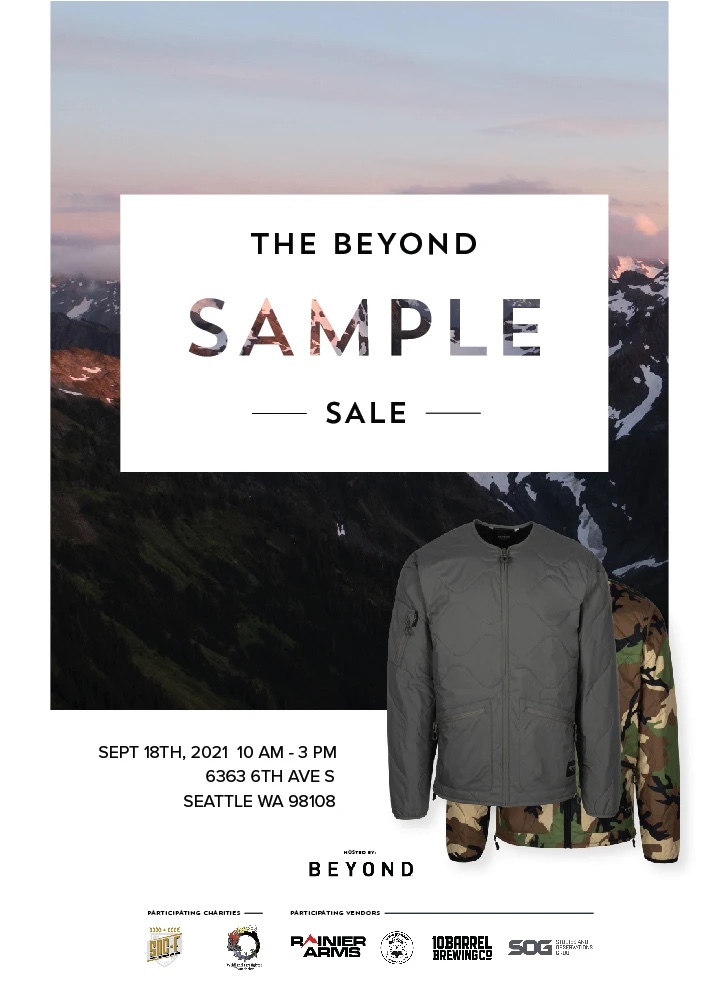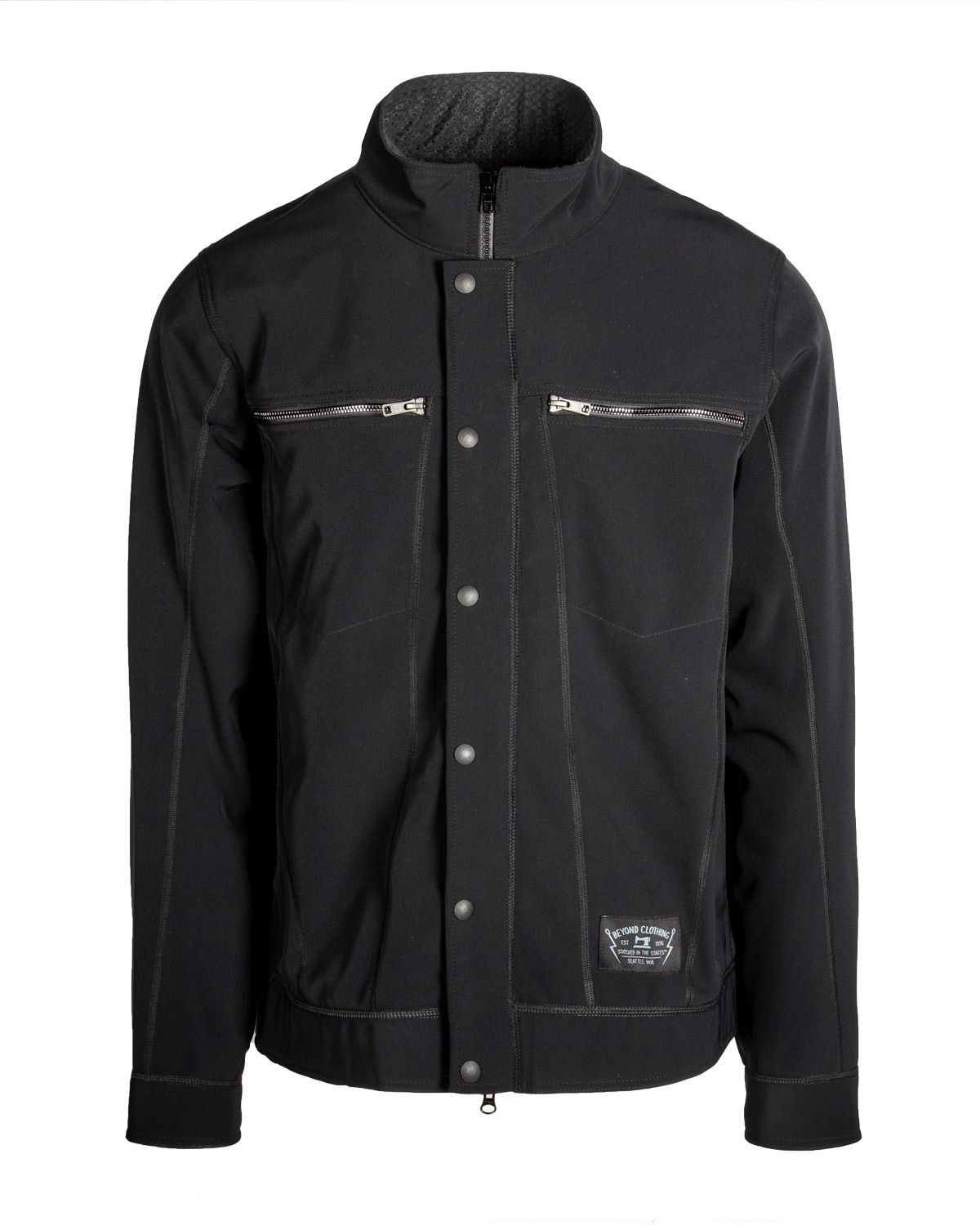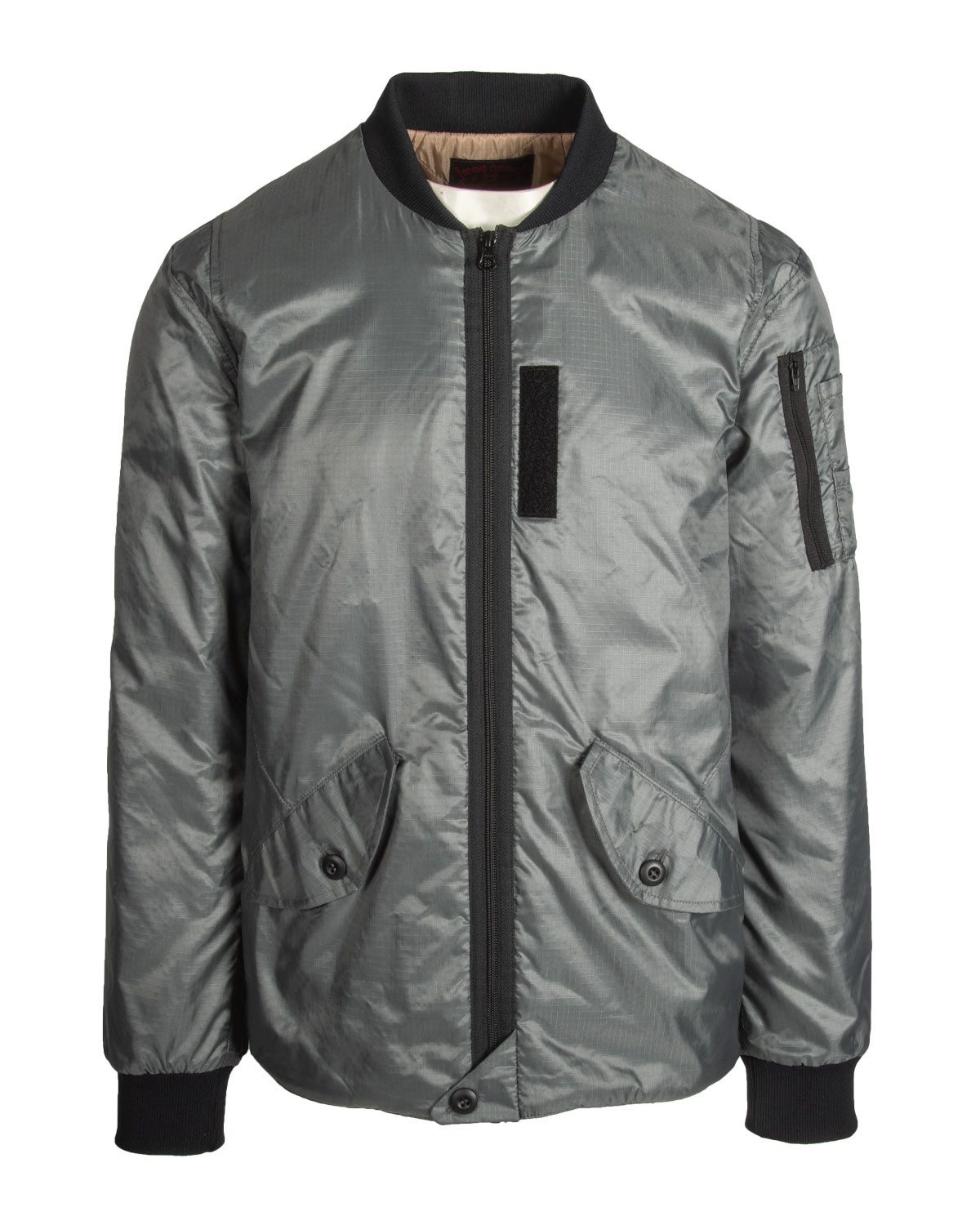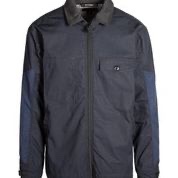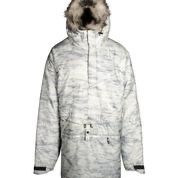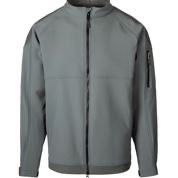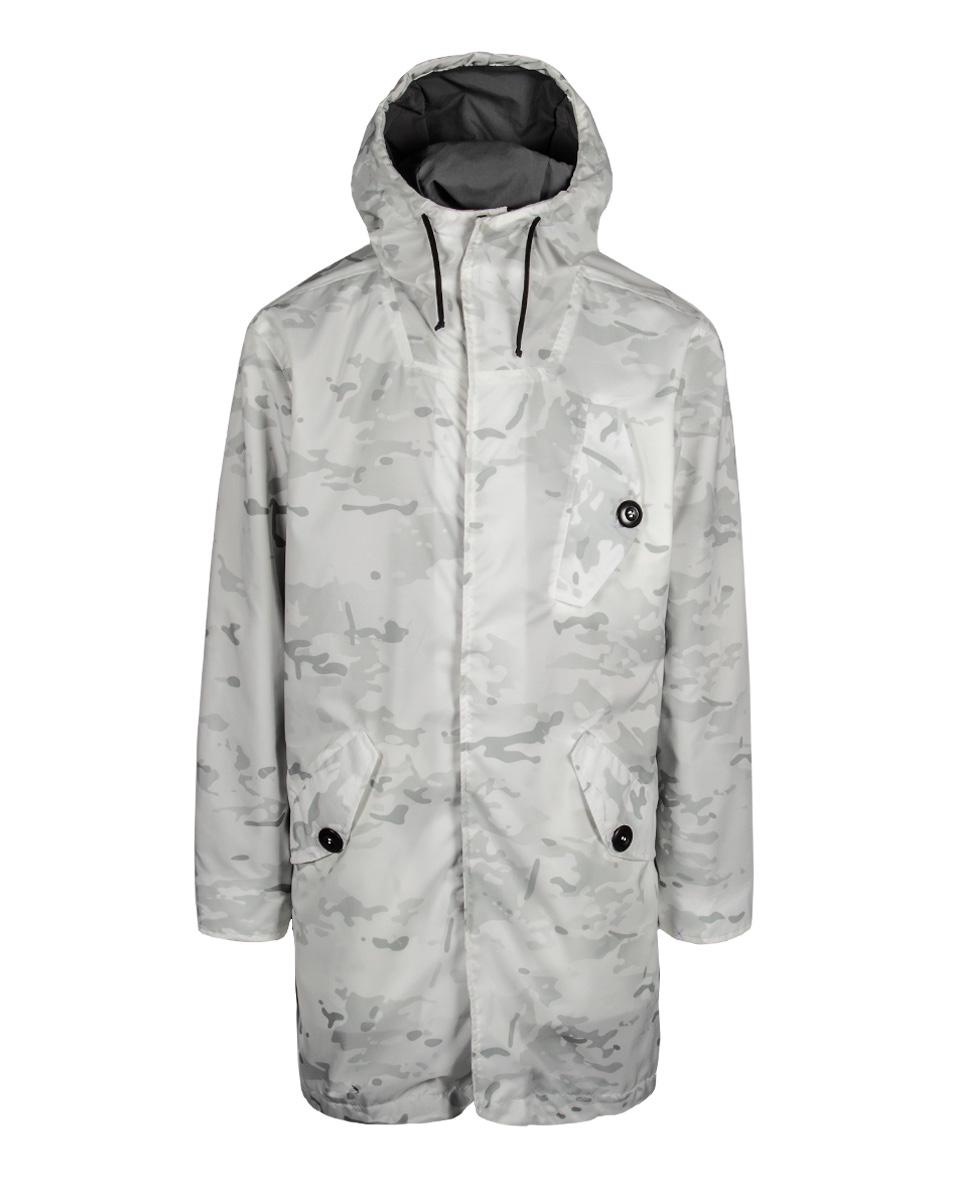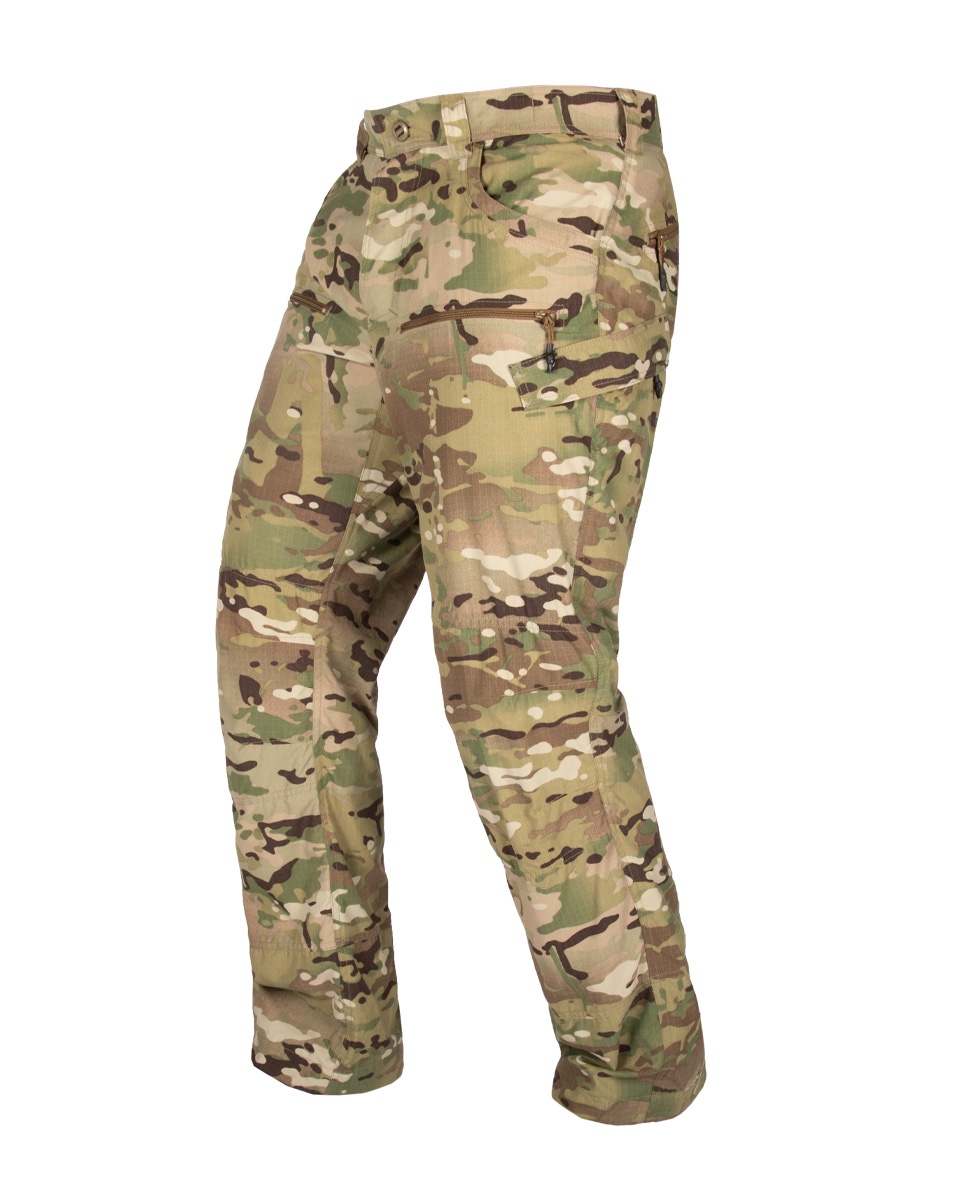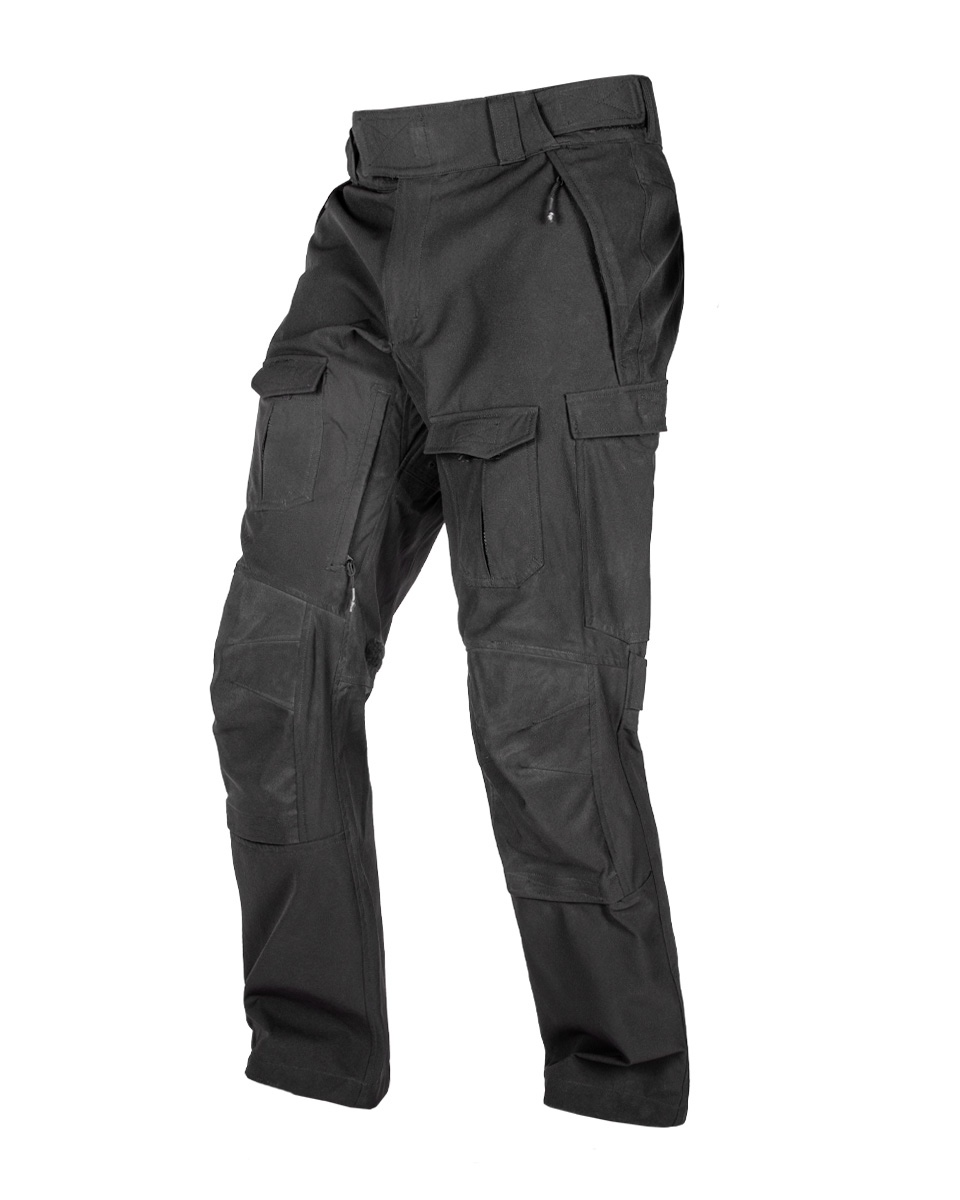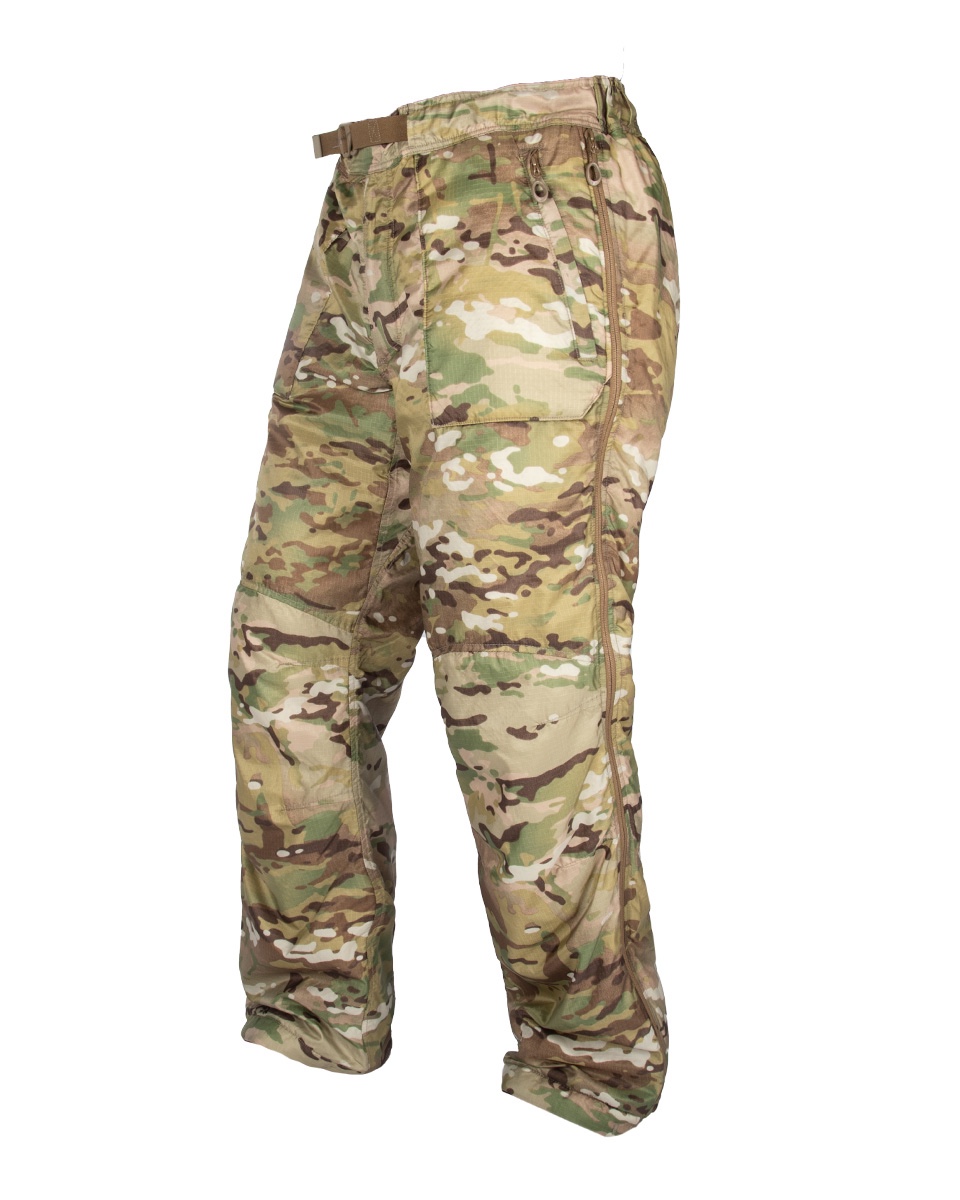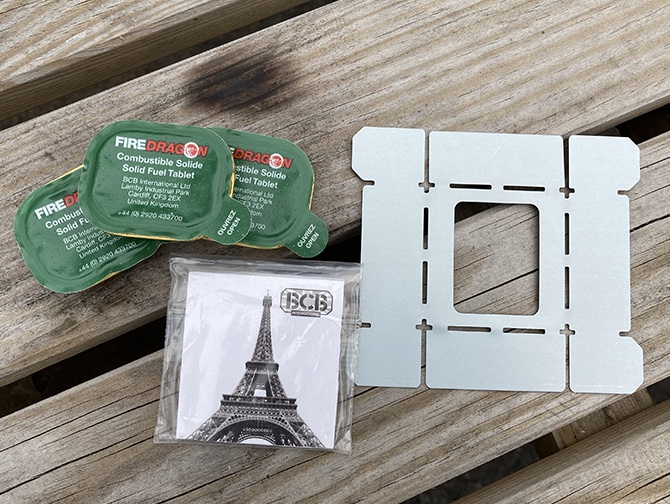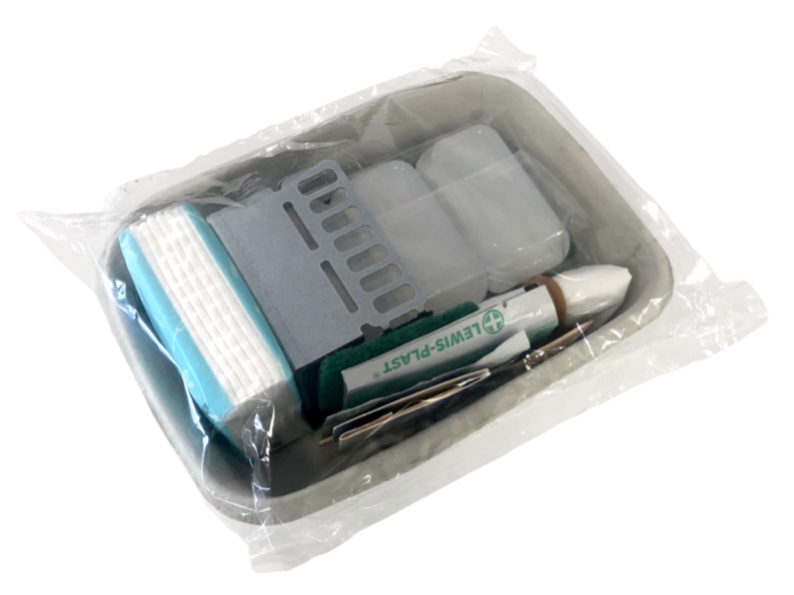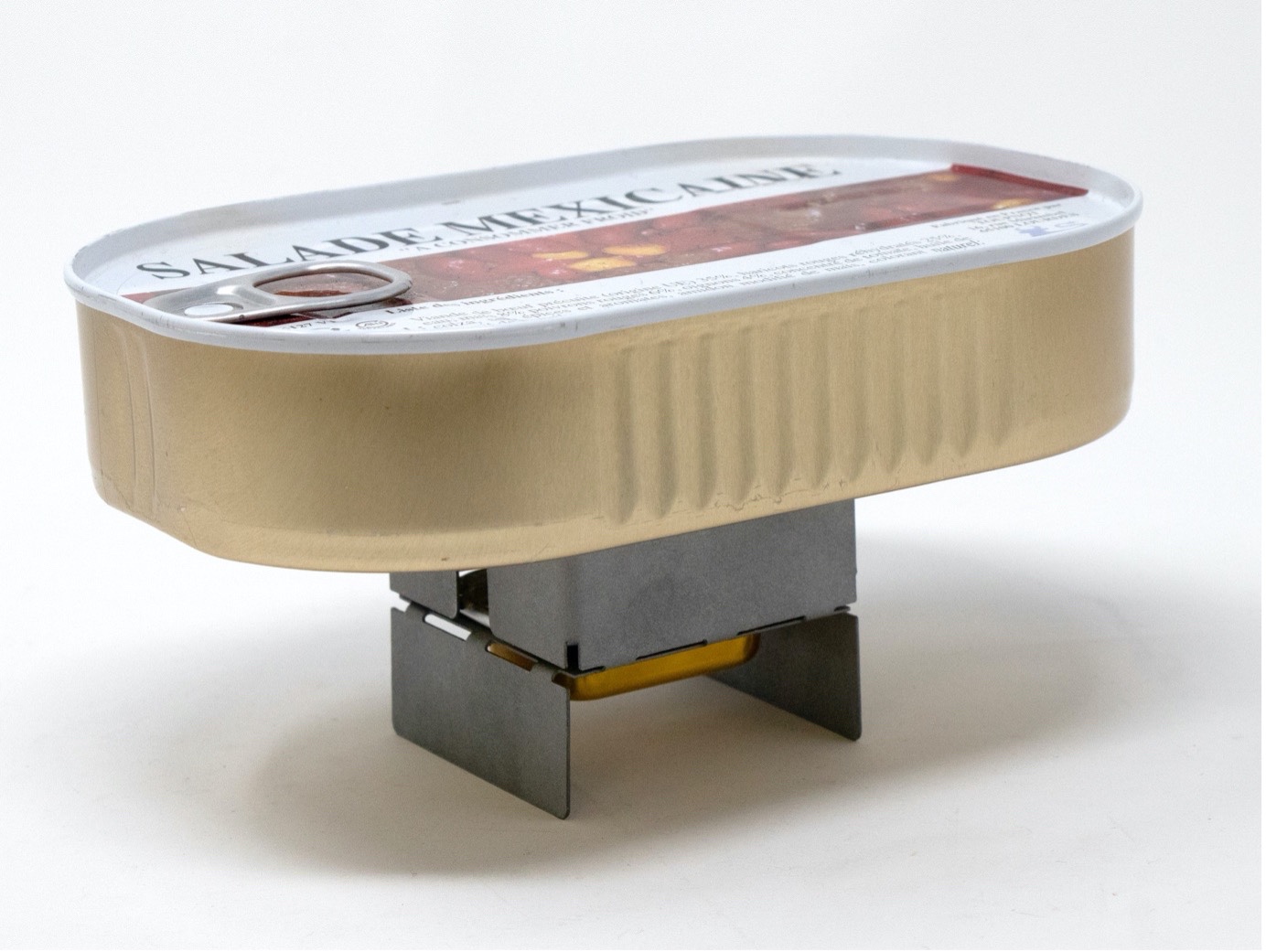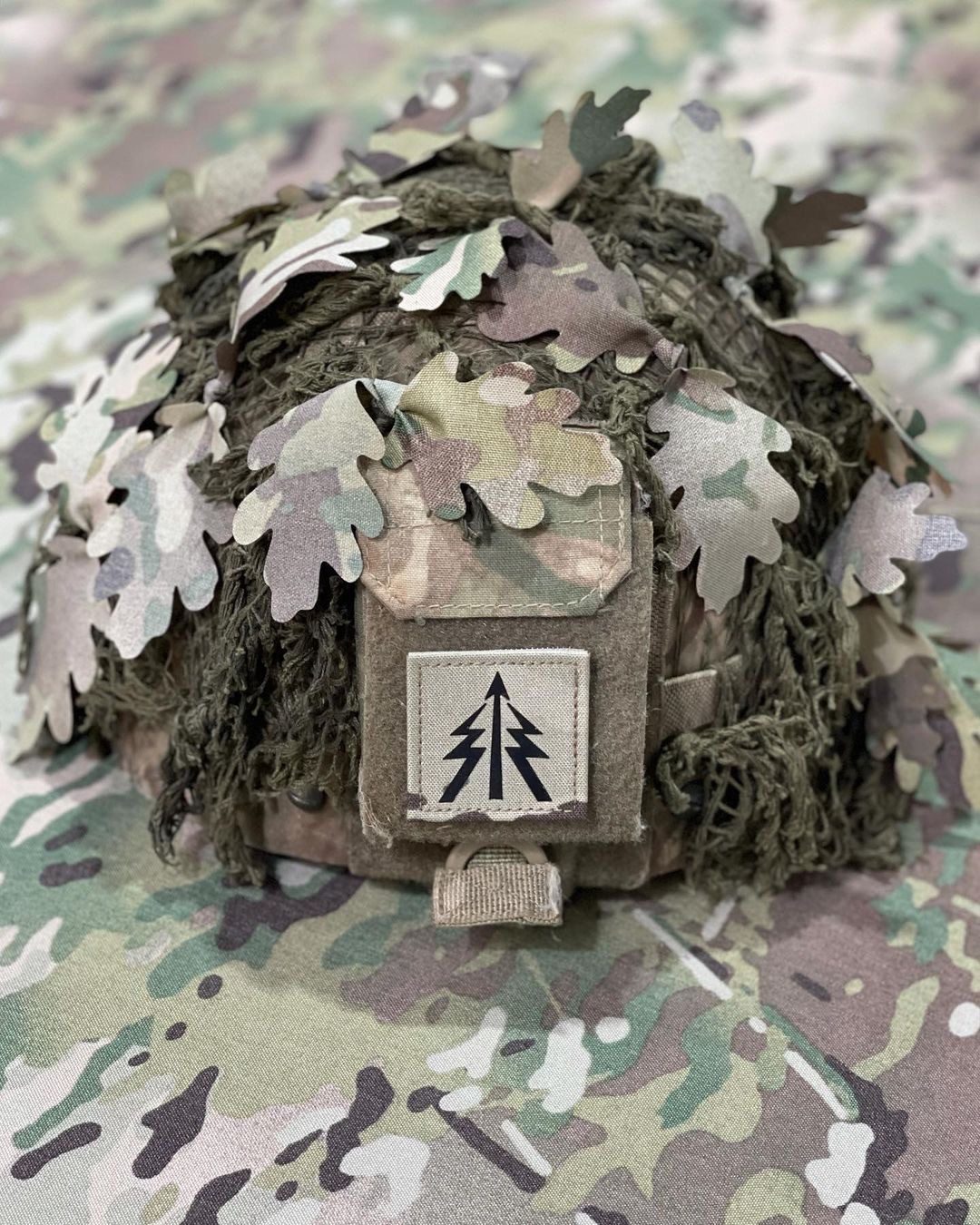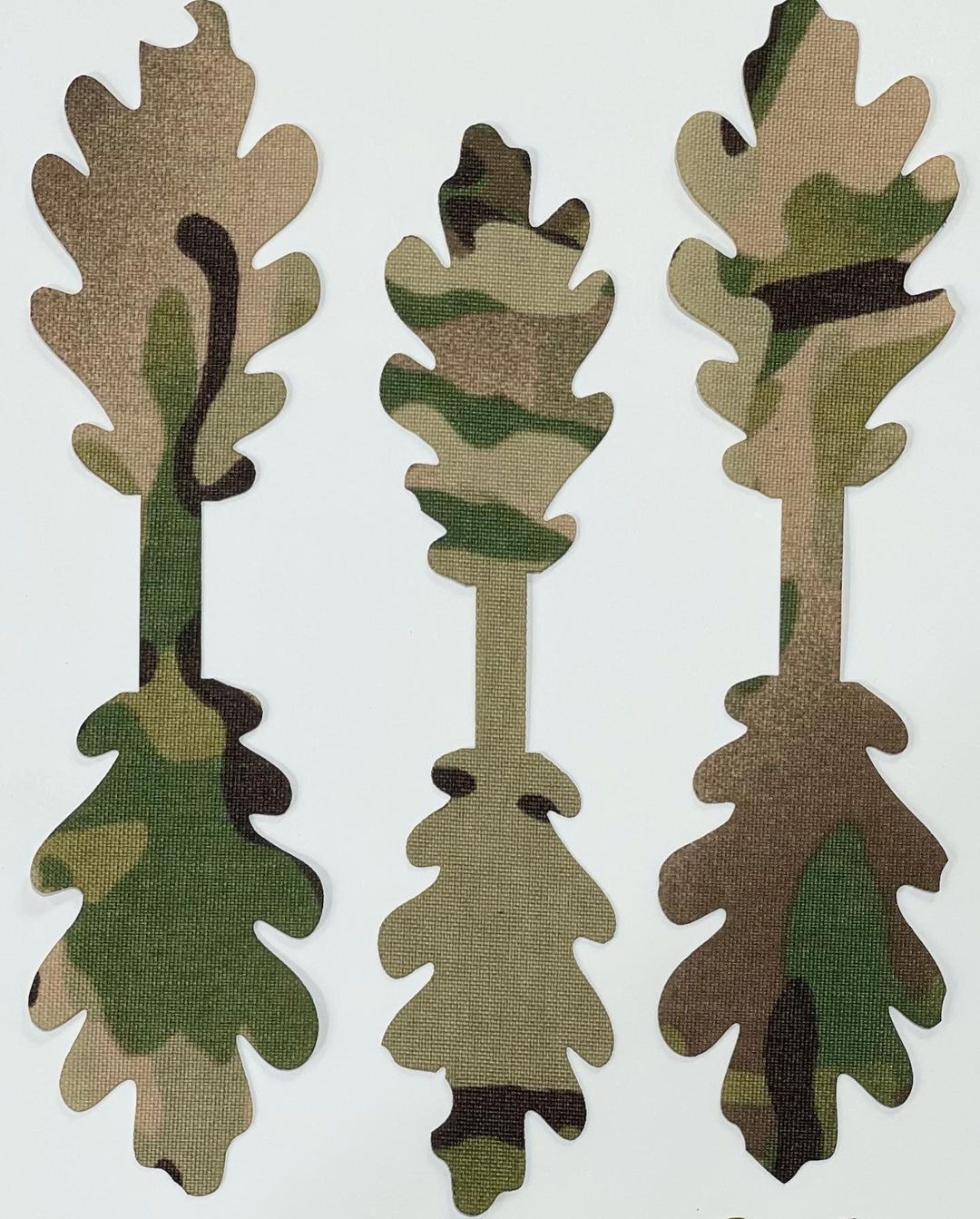JOINT BASE SAN ANTONIO-LACKLAND, Texas (AFNS) —
Defenders from across the Total Force are currently beta testing a new Air Force security forces weapons qualification course designed to enhance proficiency across the career field.
Developed by the Air Force Security Forces Center, a primary subordinate unit of the Air Force Installation and Mission Support Center, the proposed course will seamlessly instruct, test and evaluate weapons training for the more than 38,000 active duty, Air National Guard, Air Force Reserve and government civilian security forces members.
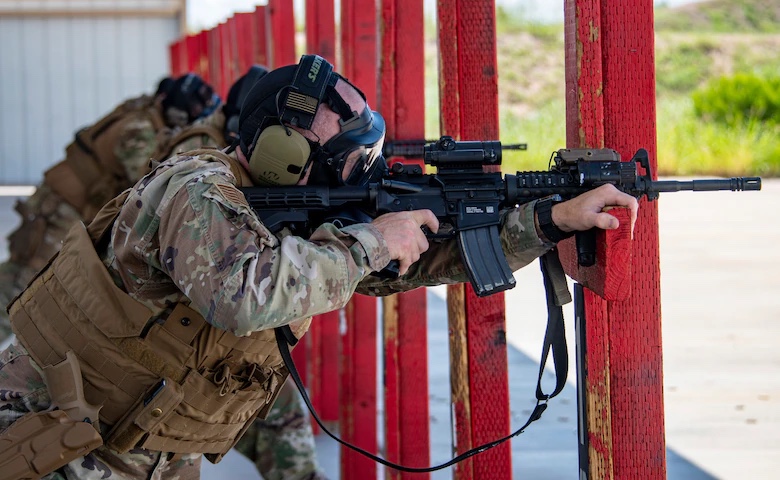
Twelve active-duty bases, two Air National Guard bases and one Air Force Reserve base are currently participating in the one-year beta test, which began June 1.
“The weapons qualification course is a forward-thinking effort, focused on enabling Defenders to adapt to a changing operational environment. Together, we will organize, train and equip Defenders to remain the most proficient and ready force,” said Brig. Gen. Roy Collins, Security Forces director and deputy chief of staff for Logistics, Engineering and Force Protection.
“This improved course of fire will allow our Defenders to focus more on weapons proficiency after initial qualification,” Collins added. “Once qualified on any weapon in our inventory, it is imperative to immediately start to build upon proficiency and repetition to create Defenders who are ready to operate in current and future environments.”
The four-block qualification course supports many of the 32 recommendations proposed by the Security Forces Defender NEXT Initiative. One aspect of the new initiative seeks to modify weapons and tactics capabilities with a focus on air base ground defense as a foundational requirement for Defenders across the Total Force.
Although a viable rifle and carbine qualification course is currently in place for security forces, “senior leaders recognized a need for enterprise-level change with an emphasis on continuous and realistic training across the career field,” said Jason Seibel, AFSFC chief of Air Force combat arms at Joint Base San Antonio-Lackland.
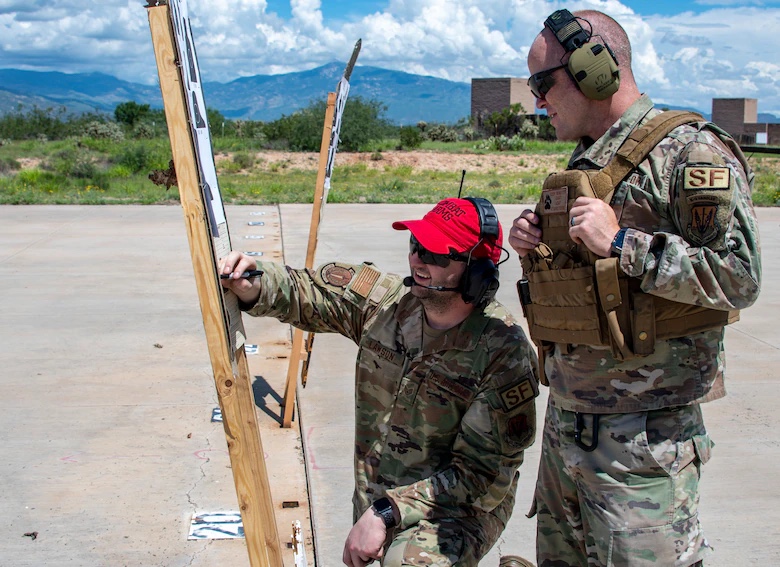
The course, in testing, incorporates training on a quarterly basis rather than annual weapons qualification, as is currently the case for Airmen and Guardians in the security forces career field. This transition to proficiency training integrates four blocks of training:
Block 1: Carbine marksmanship fundamentals and simulator training
Block 2: Short-range combat training and shoot, move and communicate skills training
Block 3: Limited visibility engagement training and virtual reality scenario-based training
Block 4: Marksmanship qualification and live-fire proficiency training for select Defenders
“The course provides instructors with what is called a building-block instruction method,” Seibel said. “Each block of training builds on the previous block. Defenders must successfully complete Blocks 1, 2 and 3 before taking the final qualification block. In this way, we develop Airmen from the novice, who graduates basic military training, to the expert Defenders who attend our advanced course, ensuring proficiency throughout their careers.”
Tech. Sgt. George Henry III, 355th Security Forces Squadron combat arms instructor at Davis-Monthan Air Force Base, Arizona, which is one of the test sites for the course, said it’s giving the career field a standardized way to accomplish weapons proficiency.
“This new course of fire will be used to pave the way for how Defenders qualify throughout the entire enterprise. Defenders will be shooting, moving and communicating during the entirety of the course,” he said.
Throughout the training, Defenders and combat arms instructors at each of the 15 test sites will provide data and feedback to Seibel and other combat arms training team developers at AFSFC. When beta testing ends May 31, 2022, the AFSFC team will analyze the input from the test sites and finalize the policy guidance with the goal of implementing the course by October 2022.
“This new course … benefits all Airmen who are charged with protecting our assets day and night. Today’s threats are evolving and our Defenders need to as well,” said Staff Sgt. Logan Goode, 355th SFS combat arms instructor. “Our Defenders will become more versatile and agile than ever before, allowing for better base defense and operations abroad.”
Story by Joe Bela, Air Force Installation and Mission Support Center Public AffairsPublic Affairs
Photos by SrA Alex Miller
